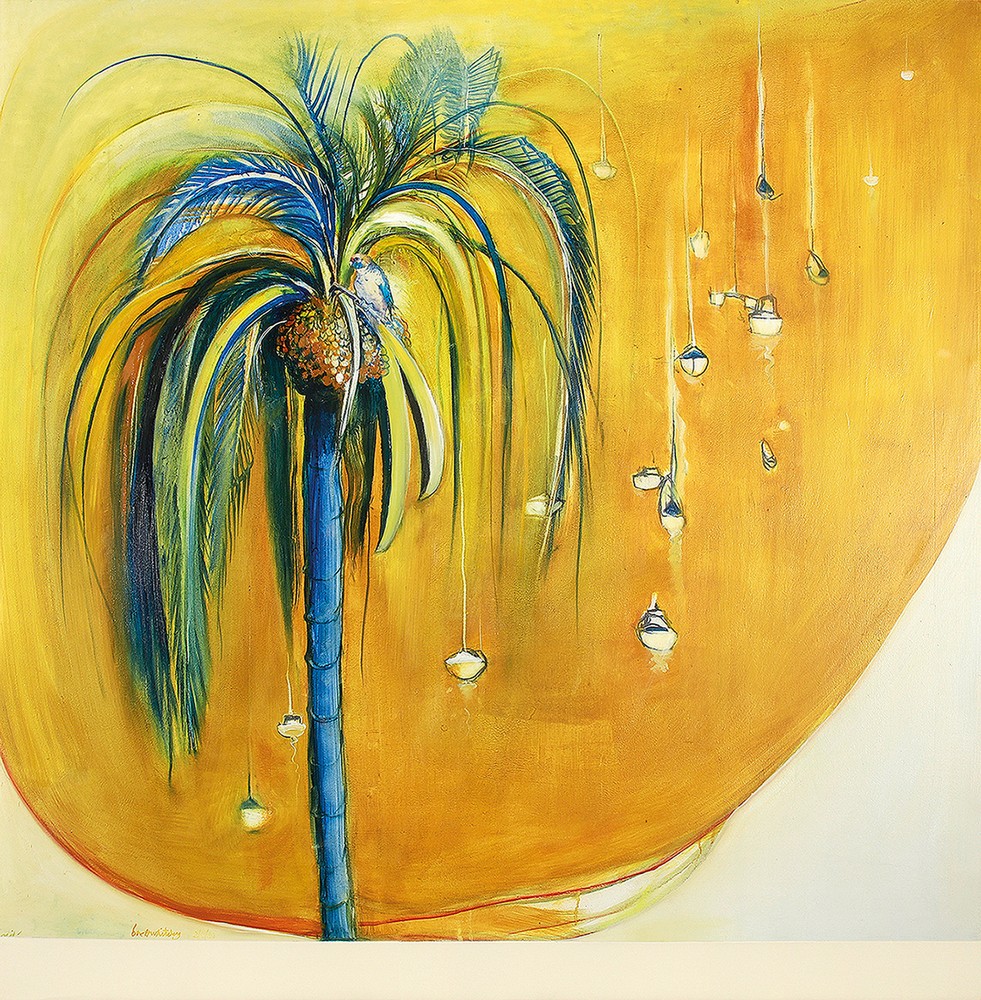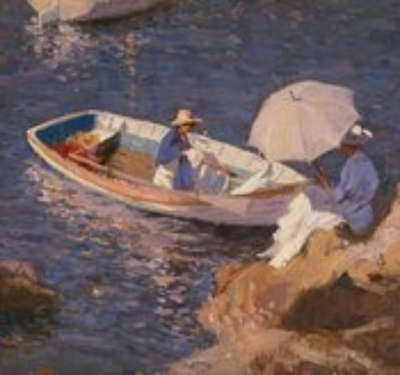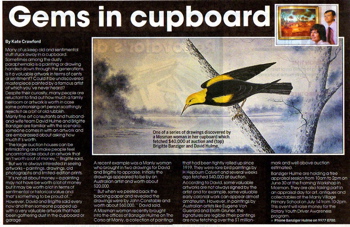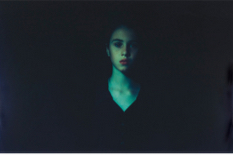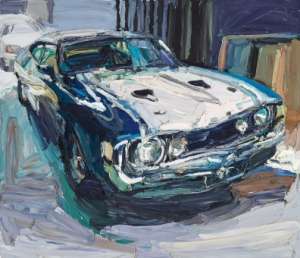The last Smith and Singer fine art auction of 2024 came with a hefty pre-sale estimate of $11,612,000 to $16,243,000. Even at their mid-point, this had the potential to result in the biggest sale of the year. So did it happen?
A key to achieving this would be the sale of the paintings carrying the highest estimates.
Whilst artworks with the potential to carry expectations of $1 million dollars and more are the holy grail of fine art consignors, they remain unattainable for the majority of art auction houses in Australia.
That said, consignments of paintings and sculpture at this level also come with considerable risk, as a fail to sell will leave a considerable hole in the auctioneer’s final sale result.
Therefore, offering four such artworks with hopes of $1 million and more in one sale is an auction more fraught with risk than most. Naturally you reserve the first lot in a sale of this calibre for a sure-fire offering. This sacred spot was reserved for the long championed by Smith and Singer still life painter Criss Canning. Her After the Fires – Pomonal, 2024 (lot 1) and its story of loss and resilience resonated strongly, doubling the low estimate of the $80,000 to $120,000, selling for $160,000, the second highest price paid at auction for Canning’s work.
Canning’s highest price at auction is $185,000, also set by Smith & Singer in 2023, and achieved on a fifth of offerings (130 paintings) of legendary still life painter Margaret Olley (665 paintings offered), whose highest auction result until 2021 was $170,000, set for a still life with harbour view sold by Deutscher + Hackett in November 2021.
Deutscher + Hackett did it again with a similar painting “Harbour View, Bottlebrush and Kelim”, c1999, which sold just the day before the Smith & Singer auction for a smidgen above to set a new record for Margaret Olley at $175,000 – but still below Criss Canning.
The Margaret Olley offered at Smith & Singer was similar to other paintings previously offered of her home in Duxford Street in Paddington. Day Interior, Yellow Room, 1998, (lot 3) was offered at $80,000 to $100,000 and sold well beyond expectations for $140,000.
The surge in interest in Albert Namatjira and his instantly recognisable watercolours continues unabated at every auction house that is able to source his work. Whilst condition of these watercolours and the sometimes significant fading can affect price, it isn’t always the case.
Smith & Singer offered three quite different examples by Namatjira – all in good condition, and all did well, especially Ghost Gum, MacDonnell Ranges (lot 4) which sold for $70,000 on estimates of $30,000 – $40,000. The portrait format Legendary Rocks, Glen Helen Gorge (lot 5) was also strongly bid to $50,000 (estimates $25,000 to $35,000).
It is hard to resist looking back in time when an artwork sold previously, especially when the auctioneer provides this information in their catalogue provenance. It reveals much about how an artist’s work comes into or goes out of favour, whether it be landscape artist Albert Namatjira or another famous landscape painter Elioth Gruner.
His Frost, 1932 (lot 7), reasonably compared to one of the Art Gallery of NSW’s most prized possessions, the substantially larger Spring Frost, 1919, sold 12 years ago in 2012 for a hammer price of $57,000.
At Smith & Singer this time, it carried quite bullish estimates of $150,000 to $180,000. The beautifully lit painting lit up buyer enthusiasm resulting in a $280,000 hammer price, now the second highest price for Gruner, demonstrating the current upward trajectory even more than the hammer prices of up to $390,000, achieved this year for much larger paintings by the artist.
Historically, it is Gruner’s earlier paintings that have achieved the highest prices. No more it seems, with another 1930s picture The Orchard, 1934 (lot 8), and also small at 30.5 x 41 cm, sold for a superb $180,000, on estimates of $120,000 to $140,000.
Perhaps the significant expansion of the Smith & Singer auction catalogue dedicating 6 pages to each and illustrating related paintings increased interest – watch this space for Gruner in the 2025 auction room.
Isobel Rae’s Twilight, 1896 (lot 9) demonstrates the reason why a female Australian artist’s work should be treated equally to their male peers. This newfound recognition for a large number of women artists from the late 19th and early 20th century, often dismissed by male artists and critics alike at the time, has added an exciting and unpredictable anticipation to the Australian auction room.
Fewer than 50 of Iso Rae’s paintings have appeared for sale at auction, so the bank of five phone bidders including principals Gary Singer and Geoffrey Smith, led to the most heavily fought battle of the evening. Estimated at $80,000 to $120,000, the charming picture sold for a due $260,000.
Roy de Maistre’s Study in Orange and Brown, c.1938 (lot 12) is worth more in Australia than in England. Having sold in the UK in October 2022 for a hammer price of £26,000, the painting sold at its high estimates of $150,000 last evening: a worthwhile venture in the annals of arbitrage.
Brett Whiteley’s Dove in Blue Palm, Lavender Bay, 1983 (lot 15) provided us with our first million dollar plus sale, well, starting from $1.6 million in this case, which was the low estimate for one of Whiteley’s pretty rather than gritty works, and therefore easy on the eye (but much less easy on the back pocket). With both Smith and Singer manning the phones and looking like one of their bidders would buy the bird, it ultimately went to a bidder in the room for a significant $2.2 million.
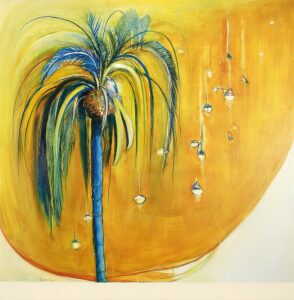
The grittier Study for Portrait of Wendy, 1985 (lot 16) was a harder sell, passing in on $400,000 to $600,000 estimates; however, it was announced as sold for $320,000 hammer price before the close of the auction.
The next test of the top end of the Australian art market was Russell Drysdale’s Mother and Child, 1965 (lot 17), estimated at $1 million to $1.5 million. Quite remarkably, Geoffrey Smith managed to include high quality colour images of all 24 paintings – including the one offered last night – that were exhibited at Leicester Galleries in London from 30 September to 27 October 1965, proving that provenance is all, especially when you can prove it as convincingly as this.
Mother and Child didn’t disappoint, and the new owner will pay $ 1.25 million dollars including buyer’s premium.
A challenging colour palette of Albert Tucker’s Explorer Resting, 1967 (lot 19), possibly kept buyers away from this large example of the artist’s work. There were no such concerns for the heavily graffitied wall in Jeffrey Smart’s Trumper Park, also 1960s production (lot 20).
This provided another opportunity for Geoffrey Smith & Gary Singer to battle it out on the phones without any room bidders to trump them this time, and Trumper Park sold very smartly at $1 million, at the top of its $800,000 to $1 million aspirations.
William Delafield Cook’s major works are seldom seen, however, two of his greatest paintings appeared at auction in the same week. Delafield Cook’s market was re-evaluated in February and July 2022, when Deutscher + Hackett sold three significant pictures for $320,000, $370,000 and $420,000 on the back of Smith & Singer’s 2018 sale at $300,000.
A French Cliff, 1979, selling at $420,000 in February 2022, now sits neatly between the Smith & Singer’s offering A Haystack, 1992 (lot 22), which sold for its low estimate of $400,000, and the previous night’s sale of “Hillside I”, sold at Deutscher + Hackett for $550,000.
It looked like there was an Arthur Boyd painting for everyone in this auction, with seven being offered in total. Sheep and Shed (with Hunter), 1950 (lot 23) was the earliest, largest and most important of these and offered a misty sublime scene of outback life. It sold well at $410,000, just below midway of its wide $350,000 to $550,000 hopes.
Three of Arthur Boyd’s works on glass (lot 46, lot 47, lot 48) were from the same collection. Gary Singer did all he could to secure all three for the same phone bidder which he did at $28,000 for lots 46 and 47 and lot 48 for $30,000, ensuring these Romeo and Juliet-themed works continue their journey together in another collection.
Bronwyn Oliver’s Tide, 2000 (lot 26), is a bold and ambitious example of her much lauded organic copper sculpture. We saw a similarly ambitious estimate of $1 million to $1.5 million, a first for an Australian sculpture which was deemed worthy of this accolade. It did deliver, selling at the magic figure of $1 million and accomplishing the fourth million-dollar-plus sale of the evening.
Other significant sales of the evening included Del Kathryn Barton’s In the Face of Cosmic Odds, 2016 (lot 27), which sold for $410,000, above its $320,000 to $380,000 estimates.
Even more unique than is usual was Cressida Campbell’s Newcastle, 1988 (lot 29), as the woodblock from which the print was produced does not exist anymore. This early and commanding view of the city was keenly sought by a gentleman bidder in the room, who purchased the work ultimately for $260,000, just above mid-point of the $200,000 to $300,000 expectations.
With sales of three artworks for $1.25 million each including buyer’s premium and one at $2.75 million last night I think we can say the top end of the Australian Art is in excellent health.
When the dust settles and all the art sales of art at auction for 2024 are compiled, it looks as if there will be slight increase for art turned over at auction in 2024 against 2023, which resulted in total sales of $141.63 million.
Article originally published in Australian Art Sales Digest
You can also find out more about our art valuation services.
